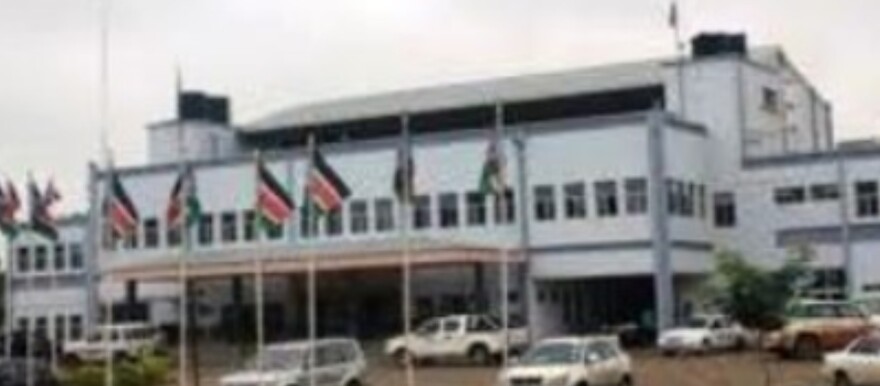The Transitional National Legislative Assembly (TNLA) on Monday passed the long-awaited National Elections Act 2012 (Amendment) Bill 2023, with all the observations and recommendations.
The bill provides for the reconstitution of a competent and impartial National Elections Commission (NEC) to conduct general elections as stipulated in the 2018 peace agreement.
Other provisions in the law include the percentage allocations, which show that 50 percent of all the members of the National Assembly shall be elected to represent geographical constituencies in the Republic of South Sudan.
Also, 35 percent of women members shall be elected based on proportional representation at the national level from the closed women representatives (lists). Furthermore, the Bill provides that 15 percent of members shall be elected on proportional representation at the national level from closed party lists, these include categories such as youth and persons living with disabilities.
This amended law has also recognized the administrative areas to participate in the coming generation elections.
However, after the presentation of the Bill, a debate arose among the legislators suggesting that the president be given a prerogative to nominate some members of parliament after the elections to give a chance to those who fail to make it through the party lists or geographical constituencies.
Onyoti Adigo, the Minister of Animal Resources and Fisheries, who is also a member of the parliament, said it is very important to give the president a prerogative to nominate members of parliament to represent special groups such as persons with disabilities, trade unions, and youth, among others.
According to Adigo, the appointment of such groups to the parliament by the president can make the parliament inclusive.
“This parliament should be inclusive. The parliament will include persons with parties, organized forces, people with special needs, chambers of commerce, trade unions, youth, faith-based organizations, and imminent figures” he said. “These people are not members of political parties. So, it is the president who will be looking at their affairs. Their representation in parliament will give inclusivity in parliament.”
Meanwhile, Joseph Kiju Robert, the Chief whip of the Other Political Parties (OPP), said giving the president some powers to nominate is not a new thing but a common practice even in neighboring countries such as Kenya, Uganda, and Tanzania.
“We felt that the president who will be elected will have a prerogative of appointing 10 percent of the members of parliament,” he said.
The August House, however, agreed that the president be given the prerogative to appoint 5 percent of the members of parliament from nonpolitical groups.
It was also agreed that the number of members of the House be increased from 250 to 332. However, this was disagreed by the political parties including the Sudan People’s Liberation Movement in Opposition (SPLM-IO).
Dr. John Sebit Madit, who represented the SPLM-IO Chief Whip, described the assignment of powers to the president as an attempt to appoint ministers from the current government to the next government that will be elected.
“There are people who want to carry forward mistakes that have caused crises in this country,” he charged. “In my opinion, the best way for us to learn is to leave behind mistakes. This proposal of giving percentages to the president is carrying forward of mistakes.”
Madit further said the country should decide whether to go for elections or have an appointment exercise.




